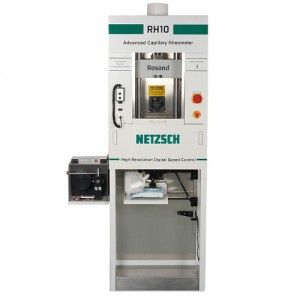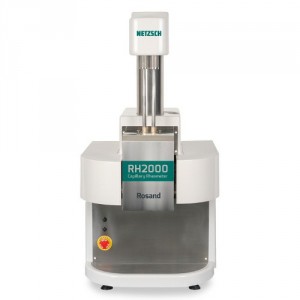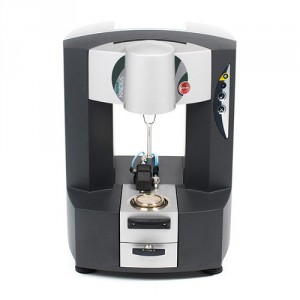Rheometers for measuring the rheological properties of non-Newtonian liquids and soft solids
To find out more details, please fill in the request form below.
Ask for more information
+40 21 255 31 32
Rheology
Rheometers for measuring the rheological properties of non-Newtonian liquids and soft solids - from formulation to product use
Rheology is the study of flow and deformation of materials under applied forces which is routinely measured using a rheometer. The measurement of rheological properties is applicable to all materials from fluids such as dilute solutions of polymers and surfactants through to concentrated protein formulations, to semi-solids such as pastes and creams, to molten or solid polymers as well as asphalt.
Many commonly-used materials and formulations exhibit complex rheological properties, whose viscosity and viscoelasticity can vary depending upon the external conditions applied, such as stress, strain, timescale and temperature. Internal sample variations such as protein concentration and stability, and formulation type for biopharmaceuticals, are also key factors that determine rheological properties.
Rheological properties impact at all stages of material use across multiple industries – from formulation development and stability to processing and product performance. The type of rheometer required for measuring these properties is often dependent on the relevant shear rates and timescales as well as sample size and viscosity. Examples of rheological measurements include:
- Viscosity profiling for non-Newtonian shear-dependent behaviour to simulate processing or in-use conditions
- Viscoelastic fingerprinting for material classification to determine extent of solid-like or liquid-like behavior
- Optimizing and assessing dispersion stability
- Determination of thixotropy of paints and coatings for product application and final finish quality
- Impact of molecular architecture of polymers on viscoelasticity for processing and end-use performance
- Benchmarking food and personal care products for ability to pump or spread
- Full cure profiling for bonding or gelling systems
- Pre-formulation screening for therapeutics, particularly bio-pharmaceuticals




